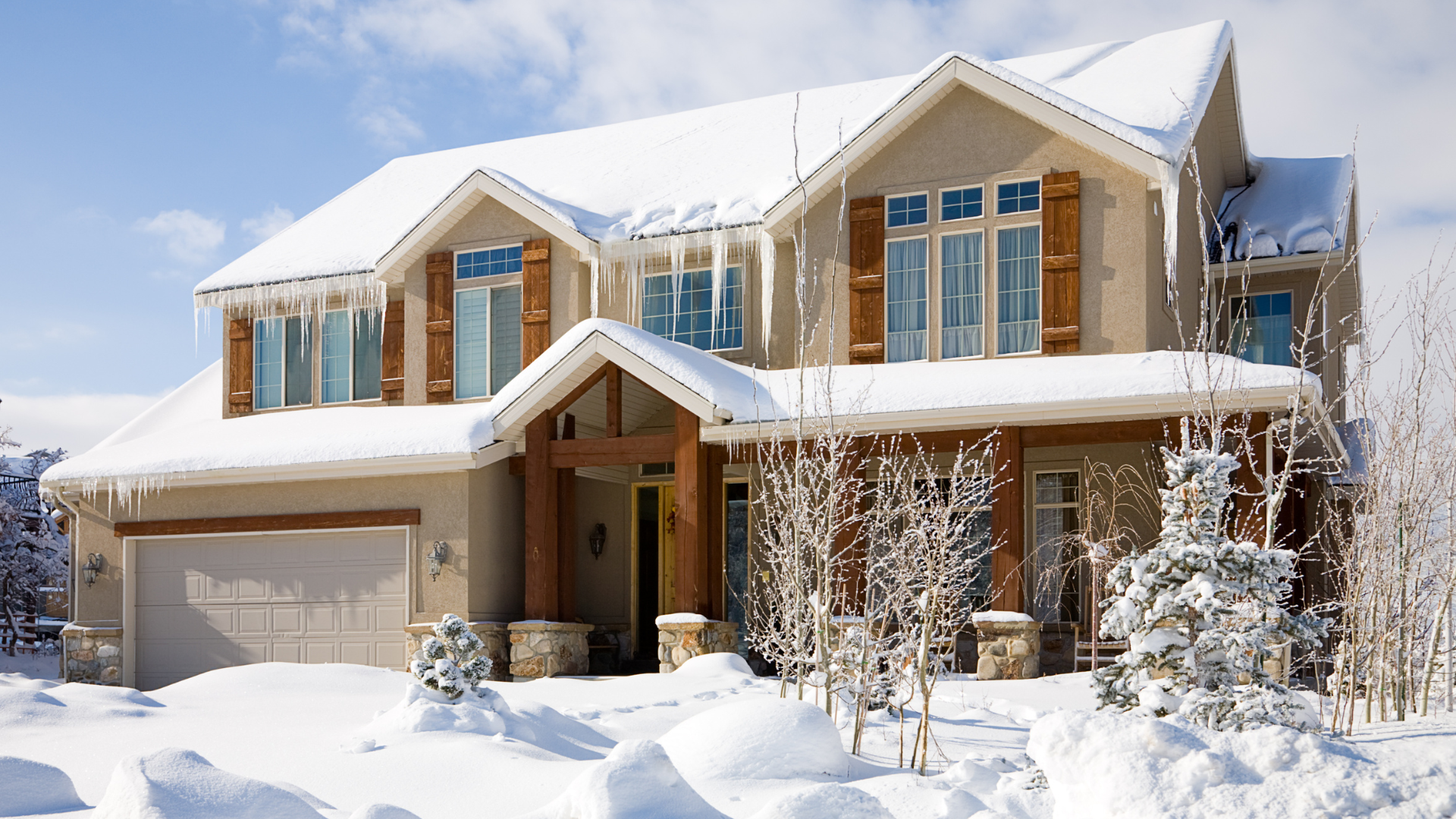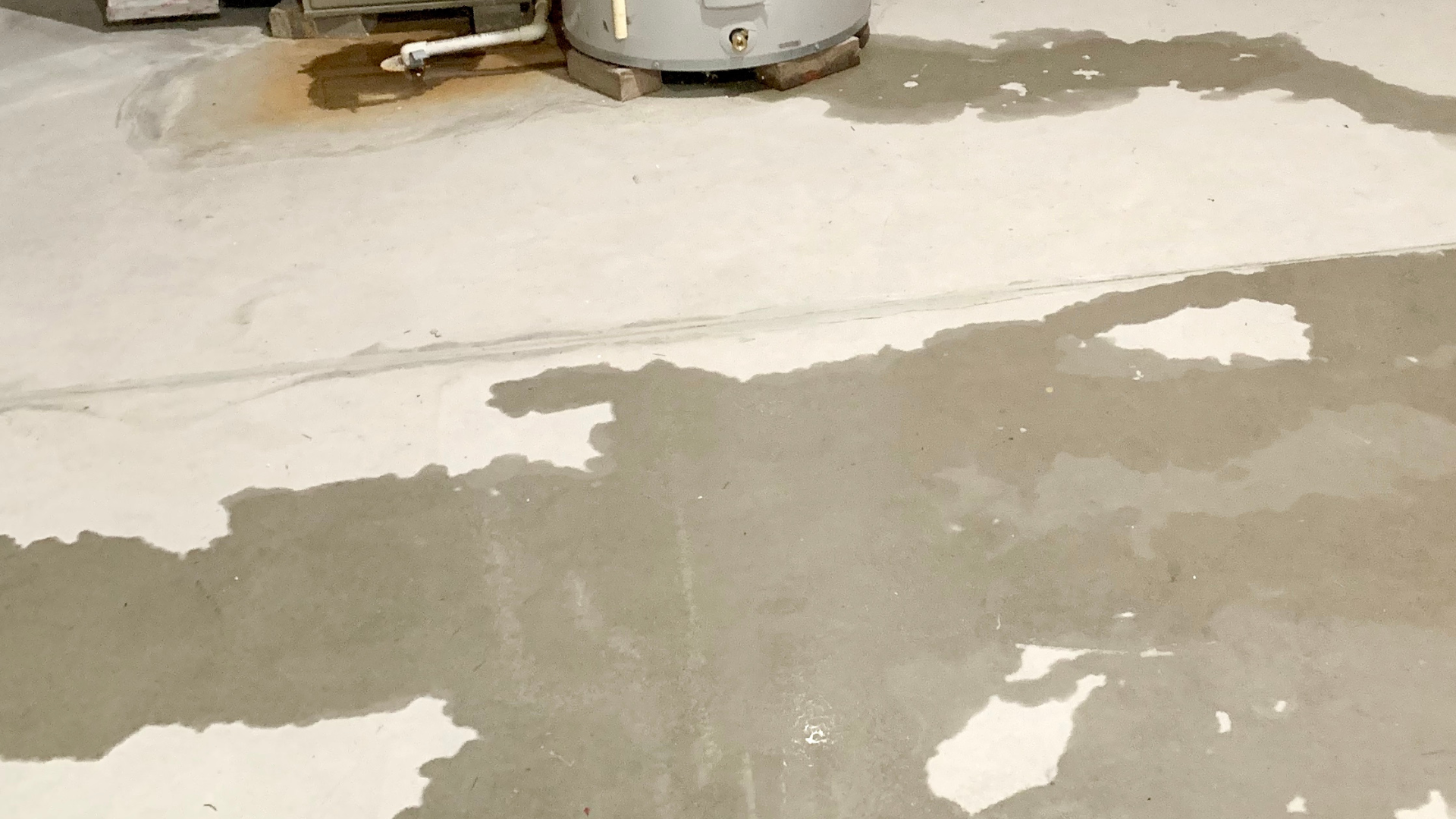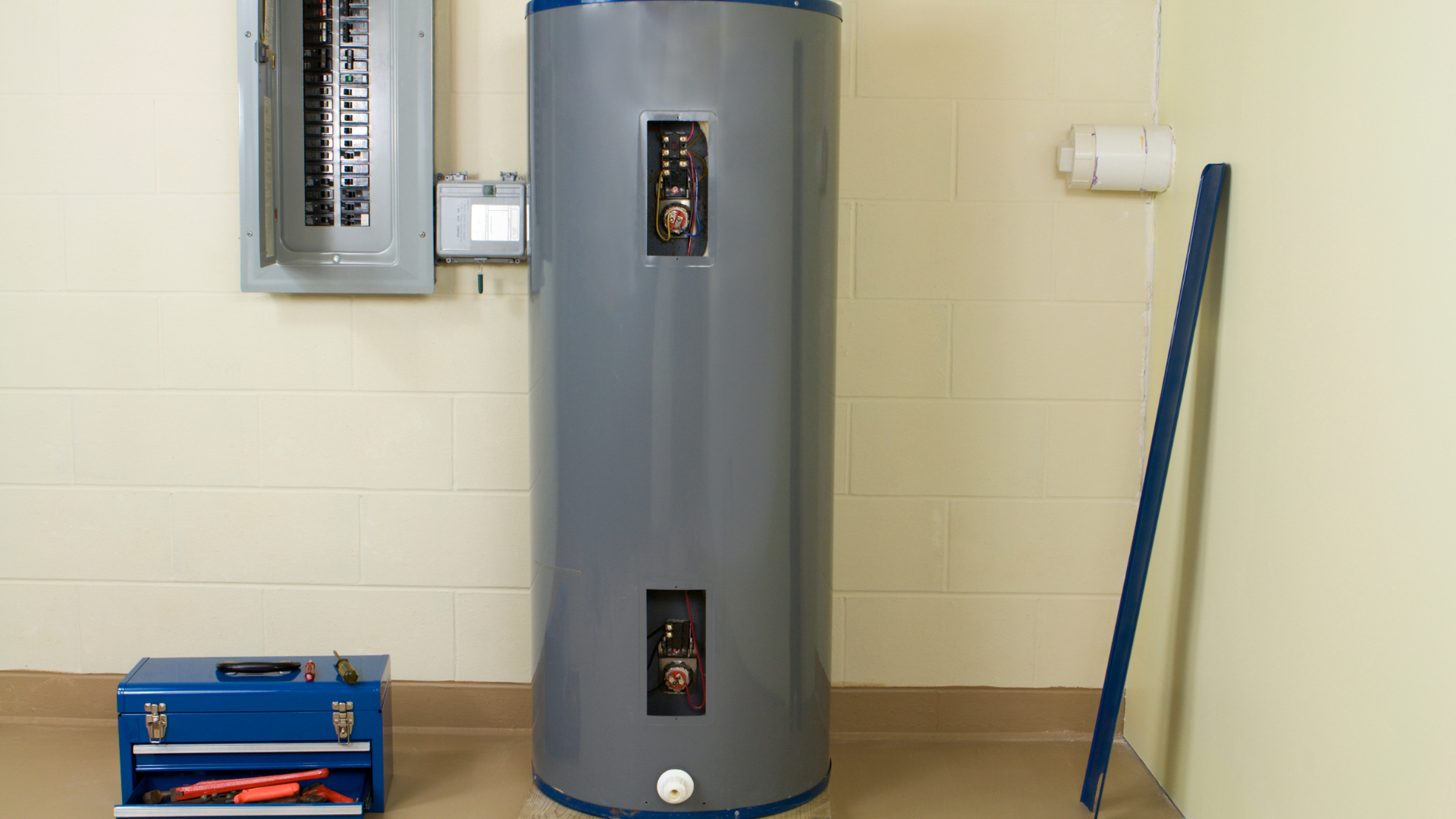Illinois
Navigating Home Services in the Prairie State: Licensing, Sales Tax, and Verification in Illinois

For homeowners in Illinois, understanding the requirements for home service contractors can be a bit fragmented. The "Prairie State" doesn't have a single statewide general contractor license. Instead, licensing is primarily handled at the local level for general work, while specific trades are regulated by state agencies. Sales tax application also has particular rules for construction.
Licensing Requirements for Home Service Contractors in Illinois
Illinois does not have a statewide general contractor license that all contractors must obtain. This means that for much of the home building, remodeling, and repair work, the licensing falls to individual cities and counties.
- No Statewide General Contractor License (Local Regulation is Key):
- For general construction, remodeling, or alteration of residential property, there is no universal "general contractor" license issued by the State of Illinois.
- Therefore, homeowners must contact their specific city or county's building department, permits office, or local licensing board. These local regulations vary significantly across municipalities.
- Examples of Local Requirements:
- City of Chicago: Has comprehensive licensing requirements for general contractors, often categorized by project value (e.g., Class A, B, C, D, E with varying project value limits and insurance requirements). They also have specific licenses for various trades.
- Aurora, DuPage County, Rockford, etc.: Many other cities and counties will have their own contractor registration or licensing processes, often requiring applications, proof of insurance, and sometimes exams.
- Local requirements typically involve registering the business, providing proof of general liability and workers' compensation insurance, and potentially passing exams based on building codes.
- Specialized Trades Require State Licenses: While general contractor licenses are local, certain critical home service trades are licensed at the state level:
- Plumbers: Licensed by the Illinois Department of Public Health (IDPH). Plumbers must obtain a state license (Apprentice, Journeyman, or Master Plumber). Master Plumber licenses require extensive experience and passing state exams. To operate a plumbing business or advertise services, a licensed plumber is required, along with specific insurance and a surety bond (minimum $20,000).
- Electricians: While some electrician licensing happens at the local level, the Illinois Department of Financial and Professional Regulation (IDFPR) generally oversees electrician licenses (Apprentice, Journeyman, Master). Requirements typically involve documented experience and passing state-administered examinations based on the National Electrical Code.
- Roofing Contractors: Licensed by the Illinois Department of Financial and Professional Regulation (IDFPR). Roofing contractors must hold a state license (limited or unlimited), requiring specific insurance minimums ($500,000 for general liability, $250,000 for bodily injury and property damage for unlimited) and a surety bond ($10,000 for limited, $25,000 for unlimited).
- HVAC Contractors: Illinois does not have a statewide license for HVAC technicians or contractors. However, the federal EPA Section 608 Certification is required for anyone handling refrigerants. Furthermore, many cities and counties will have their own local licensing or registration requirements for HVAC professionals (e.g., DuPage County, McLean County).
It is illegal to perform state-licensed trade work without the proper license. For general contractors, always verify their local licenses/registrations and ensure they obtain all necessary permits for your project.
How Sales Tax Applies to Home Service Projects in Illinois
Illinois has a state sales tax rate of 6.25%, plus various local sales taxes imposed by municipalities and counties, leading to a combined rate that can be significantly higher (e.g., averaging 8.86%, but can be over 10% in some areas like Chicago). The application of sales tax to home service projects in Illinois generally follows the "contractor as retailer" rule for materials, while labor is often exempt.
- Materials are Generally Taxable:
- When a contractor sells and installs tangible personal property that becomes a permanent part of real estate (e.g., lumber, drywall, windows, cabinets, flooring), the contractor is generally considered a retailer of those materials.
- Therefore, the contractor must collect the applicable state and local sales tax from the homeowner on the separately stated selling price of the materials.
- To do this, the contractor purchases the materials from their suppliers using a resale certificate, meaning they do not pay tax at the time of purchase. They then collect the tax from the homeowner at the job site's sales tax rate.
- Labor for Improvements to Real Property is Generally NOT Taxable:
- In Illinois, the labor services involved in the construction, reconstruction, alteration, improvement, or repair of real property are generally exempt from sales tax.
- This means that if a contractor itemizes materials and labor separately on an invoice, sales tax should only be applied to the materials portion.
- "Services" vs. "Improvements": The distinction can sometimes be nuanced. If a "service" is truly a repair that doesn't involve materials being permanently incorporated (e.g., pure cleaning service), it might not be taxable. However, for most home improvement projects that involve installing items, the material portion is taxable.
What this means for homeowners:
- For most residential home improvement projects in Illinois, you should expect to see sales tax applied to the materials used in your project.
- The labor portion should typically be exempt from sales tax if separately itemized.
- Always clarify with your contractor how sales tax will be applied to your specific project and ensure it's clearly detailed in your contract.
How to Verify Licensing in Illinois
Verifying a home service contractor's credentials in Illinois requires checking both state agencies for specific trades and your local municipality for general contractor licenses.
Illinois Department of Financial and Professional Regulation (IDFPR) - License Lookup:
- This is the primary state agency for verifying professional licenses, including electricians and roofing contractors.
- Website: Visit the IDFPR's Professional Regulation License Look Up: https://www.idfpr.com/ (look for "License Look Up" or "Professional Regulation License Look Up").
- Search Options: You can search by individual name, entity name, or license number. Select the relevant "Profession" or "License Type."
- Information Provided: This confirms the license status (active, inactive, expired), license number, issue/expiration dates, and any public disciplinary actions.
Illinois Department of Public Health (IDPH) - Plumber License Search:
- This agency handles plumbing licenses.
- Website: Search for "Illinois IDPH Plumber License Search." A direct public search tool for plumbing licenses may be available on their site.
- Information Provided: Will confirm active plumbing licenses.
Local City/County Building Departments or Occupational Licensing Offices (MOST IMPORTANT for General Contractors and other trades):
- This is your crucial step for verifying general contractors and often local electrician or HVAC licenses.
- Find Contact Information: Go to the official website of your specific city or county. Look for departments such as "Building Permits," "Codes Enforcement," "Development Services," "Occupational Licensing," or "Contractor Licensing."
- Direct Inquiry: Call or visit their office. Many larger municipalities (like Chicago, Aurora, etc.) will have online contractor search databases.
- Inquire: Ask about general contractor licensing, any specific trade licenses they issue locally (for trades not licensed statewide like HVAC or some electrical), and what permits are required for your project.
Illinois Secretary of State - Business Services:
- Website: Use the Secretary of State's online business services search to verify the contractor's business entity registration and good standing: https://www.ilsos.gov/departments/business_services/corp.html (look for "Search for a Corporation/LLC/LP").
- Search: Enter the business name to confirm its legal status.
Proof of Insurance and Bonding: Always request current Certificates of Insurance for general liability and, if the contractor has employees, workers' compensation insurance. For state-licensed plumbers and roofers, specifically ask for proof of their required surety bond. Contact the insurance and bonding companies directly to verify coverage.
Due to Illinois's hybrid licensing system, thorough verification with both state licensing bodies (for plumbers, electricians, roofers) and your local municipality (for general contractors and other locally regulated trades) is essential.
Sources
- Illinois Department of Financial and Professional Regulation (IDFPR):
- Main Website: https://www.idfpr.com/
- Professional Regulation License Look Up: https://ilesonline.idfpr.illinois.gov/DPR/Lookup/LicenseLookup.aspx
- Roofing Contractor License Information: (Often found under IDFPR's "Professions" list)
- Illinois Department of Public Health (IDPH):
- Plumber Licensing Information: (Search "Illinois IDPH Plumber Licensing")
- Illinois Department of Revenue (IDOR) - Sales and Use Tax:
- Information on Construction Contractors and Sales Tax: (Search "Illinois Department of Revenue Sales Tax Construction Contractors" for relevant publications or administrative code sections)
- Illinois Sales Tax Rate Information (Tax Foundation): https://taxfoundation.org/state/illinois/
- Illinois Secretary of State - Business Services (Corporation/LLC Search): https://www.ilsos.gov/departments/business_services/corp.html
- Local Municipal Resources (Examples - always check your specific location):
- City of Chicago - Department of Buildings: https://www.chicago.gov/city/en/depts/bldgs.html (Look for contractor licensing/permit info)
- Jobber - Illinois General Contractor License: https://www.getjobber.com/academy/general-contractor-license/illinois/ (Provides good overview of local variations)
- Contractor Training Center - How to Get a Contractor License in Illinois: https://contractortrainingcenter.com/blogs/news/how-to-get-a-contractor-license-in-illinois
- EPA Section 608 Certification (for HVAC, national requirement): https://www.epa.gov/section608/section-608-technician-certification
Click Another Article to Read More










